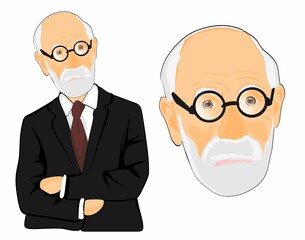Article
Addiction and the Power of Denial
By Kendra Cherry, MSE for Very Well Mind

So, denial-according to good ol' Freud-is when we kind of ignore the tough stuff to deal with our feelings. You know, like avoiding talking about it, making excuses for our actions, or sticking to harmful habits even when they're messing things up. It's like a shield from all the stress, but sometimes, it stops us from getting the help we need or facing what's really going on. Think denying a drinking problem or pretending a loved one isn't gone after they've passed. It might give us a breather, but it doesn't really help us fix things. Getting past it means digging deep, thinking about what's at stake, leaning on others for support, and maybe even chatting with a therapist or joining a support group.

- Denial is a defense mechanism described by Sigmund Freud.
- Signs of denial include avoiding discussions, justifying behaviors, and persisting in harmful actions despite consequences.
- Denial aims to protect oneself from anxiety but can hinder seeking necessary treatment or addressing underlying issues.
- Examples of denial range from substance abuse denial to refusing to accept the death of a loved one.
- While denial may offer temporary relief, it can impede effective problem-solving.
- Overcoming denial involves self-reflection, considering consequences, seeking support, and potentially therapy or support groups.
From the Article
"Denial is a common way for people to deal with anxiety-provoking situations. Developing coping skills will allow you to face your fears in healthy and productive ways. If denial is causing problems or preventing you from dealing with a physical or mental health condition, consider talking to a professional or joining a support group. "

